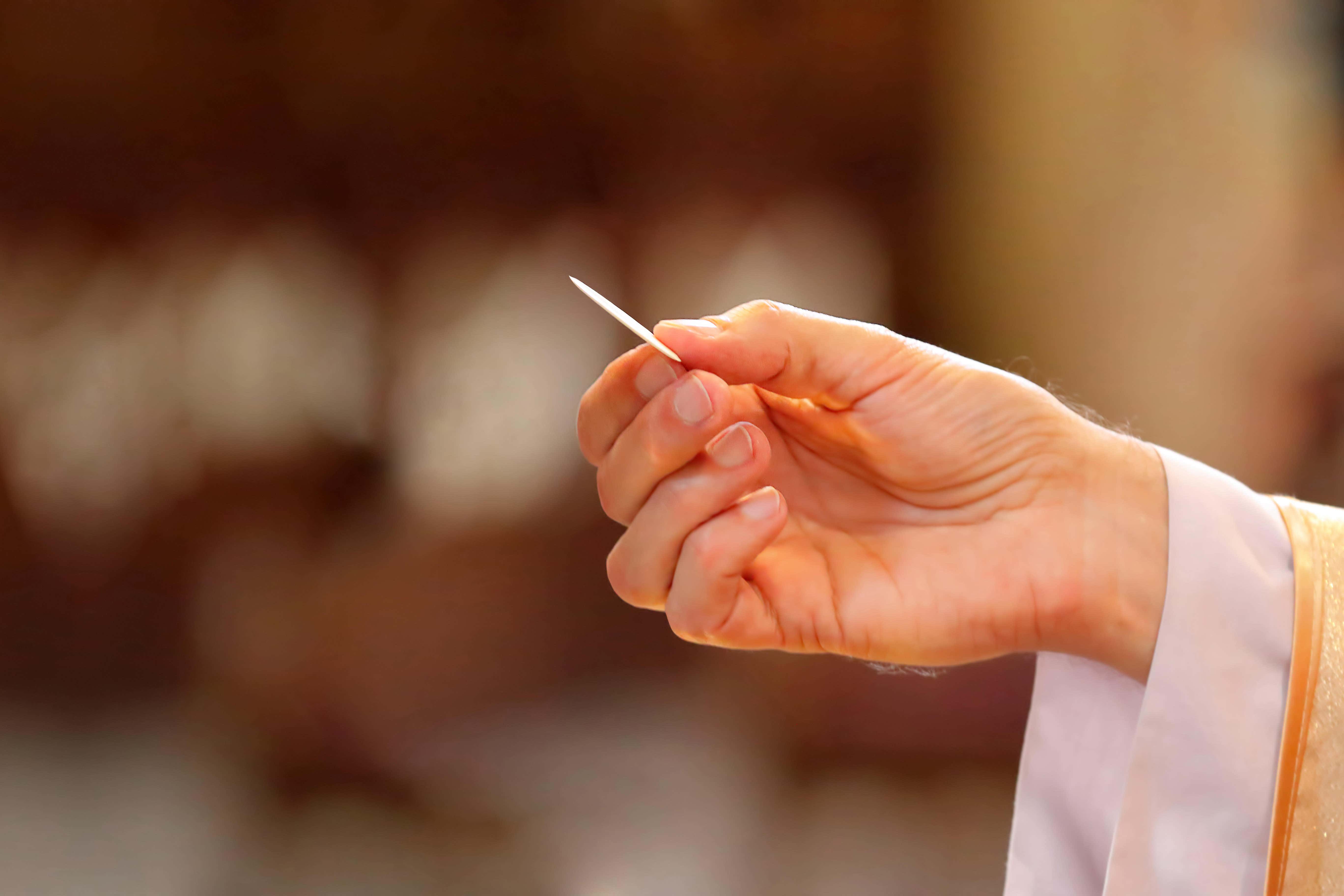
The Church of England has ruled that non-alcoholic wine and gluten-free bread cannot be used during Holy Communion.
The guidance states that the bread must be made with wheat flour and the wine must be fermented grape juice to be consecrated.
Rulings detailed in papers released before the Church’s General Synod convenes on Monday acknowledged the “injustice” faced by those unable to consume wheat flour or alcohol.
Holy Communion, a central sacrament in the Christian faith, involves offering bread and wine to the congregation, symbolizing the body and blood of Christ.
While wheat flour can be processed to reduce gluten and alcohol can be removed post-fermentation, trace amounts will always remain. The Church explicitly prohibits substitutes like rice or potato flour, upholding the traditional composition of the sacrament.

The Church’s governing body came under fire from Synod member Reverend Canon Alice Kemp, who asked: “Can consideration be given to enable the legal use of gluten-free and alcohol-free elements at the eucharist to remove the injustice of this exclusion?
“Both priests and congregants who are unable to consume gluten and/or alcohol are forced to receive in one kind only or may be prohibited from receiving both elements if they are unable to consume both gluten and alcohol,” she said.
Michael Ipgrave, the Bishop of Lichfield and chairman of the Church’s Liturgical Commission, said such a move would have to overturn two settled positions in the Church of England.
“First, that bread made with wheat and the fermented juice of the grape are the elements to be consecrated in holy communion; and second, that receiving holy communion in one kind in a case of necessity is not an ‘exclusion’ but full participation in the sacrament, as often practised in the communion of the sick, or with children,” Mr Ipgrave said.
“Indeed, even believers who cannot physically receive the sacrament are to be assured that they are partakers by faith of the body and blood of Christ, and of the benefits he conveys to us by them,” he added.







